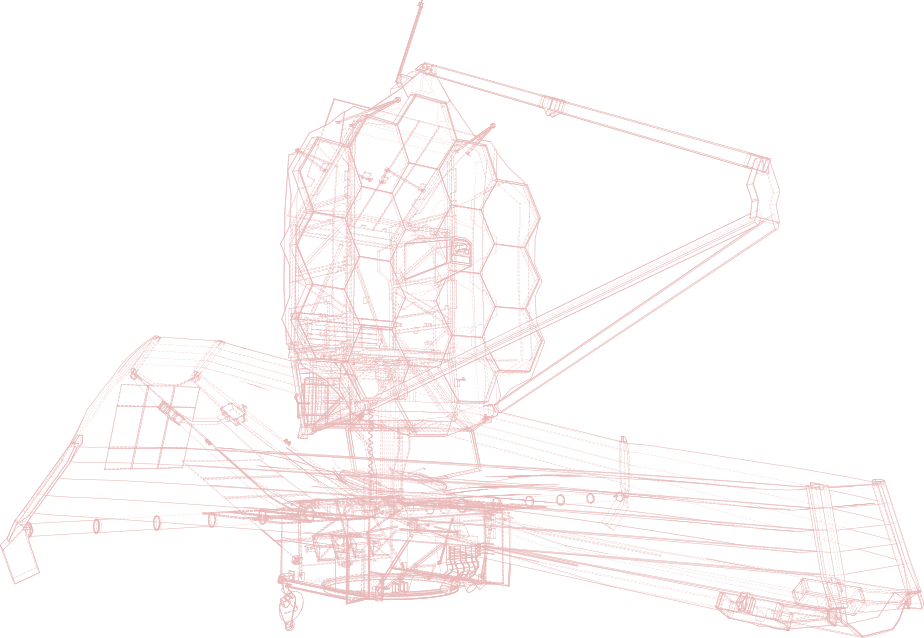Understanding
the Nasal Microbiome and Its Impact on Respiratory Health
A Comprehensive Review for Medical Professionals
The nasal cavity has emerged as a significant reservoir for opportunistic pathogens, which can lead to various respiratory conditions, including allergic rhinitis, chronic rhinosinusitis, asthma, pneumonia, and otitis media.
The Nasal Microbiome and Chronic Rhinosinusitis (CRS)
Definitive evidence of bacteria's CRS role is lacking. However, studies show sinus infections elicit inflammation, chronic changes, and symptoms. CRS patients display distinct bacterial, gene, and immune patterns, with nasal dysbiosis indicating potential CRS/polyp progression.
Corticosteroids, immunosuppressants
While effectively reducing inflammation and managing certain medical conditions, can significantly affect the nasal immune ecosystem. These medications suppress the immune system's response, which can lead to several adverse consequences in the nasal passages and surrounding tissues.
Increased Susceptibility
Immunosuppressive drugs weaken the immune system's ability to fight infections.
Impaired Healing & Tissue Damage
Corticosteroids can hinder the body's natural healing processes.
Altered Microbiome
The nasal immune ecosystem is home to diverse microorganisms that play a crucial role in maintaining health.
Systemic Side Effects
In addition to the local effects on the nasal immune ecosystem, immunosuppressants can also cause systemic side effects
Adverse Effects on the Infant Immune
Though antibiotics have saved lives, exposure in infancy may increase disease susceptibility later on by disrupting nasal microbiota balance and immature immunity, underscoring the need to educate communities on antibiotic effects.
Microbiota Dysbiosis
Immune Response Modulation
Impact on Host Defense
Adaptive Immunity
Microbiota Dysbiosis
Human microbiota comprises bacteria, fungi, and viruses.
Impact on Host Defense Against Infection
Antibiotics cause microbial dysbiosis in infancy, leading to higher risk of diseases later.
• Antibiotics influence innate immune cells like dendritic cells, NK cells, and ILCs.
Antibiotics influence innate immune cells like dendritic cells, NK cells, and ILCs.
• Adaptive Immunity
Antibiotics impair humoral responses crucial for vaccine immunity.
Future Directions
Antibiotics are essential but have consequences in infants.
our work
Data Science
Inspired by nature. Perfected by science.
Growth over assembly
Growth over assembly
Nature-centric design
*Beratung für Data Science






